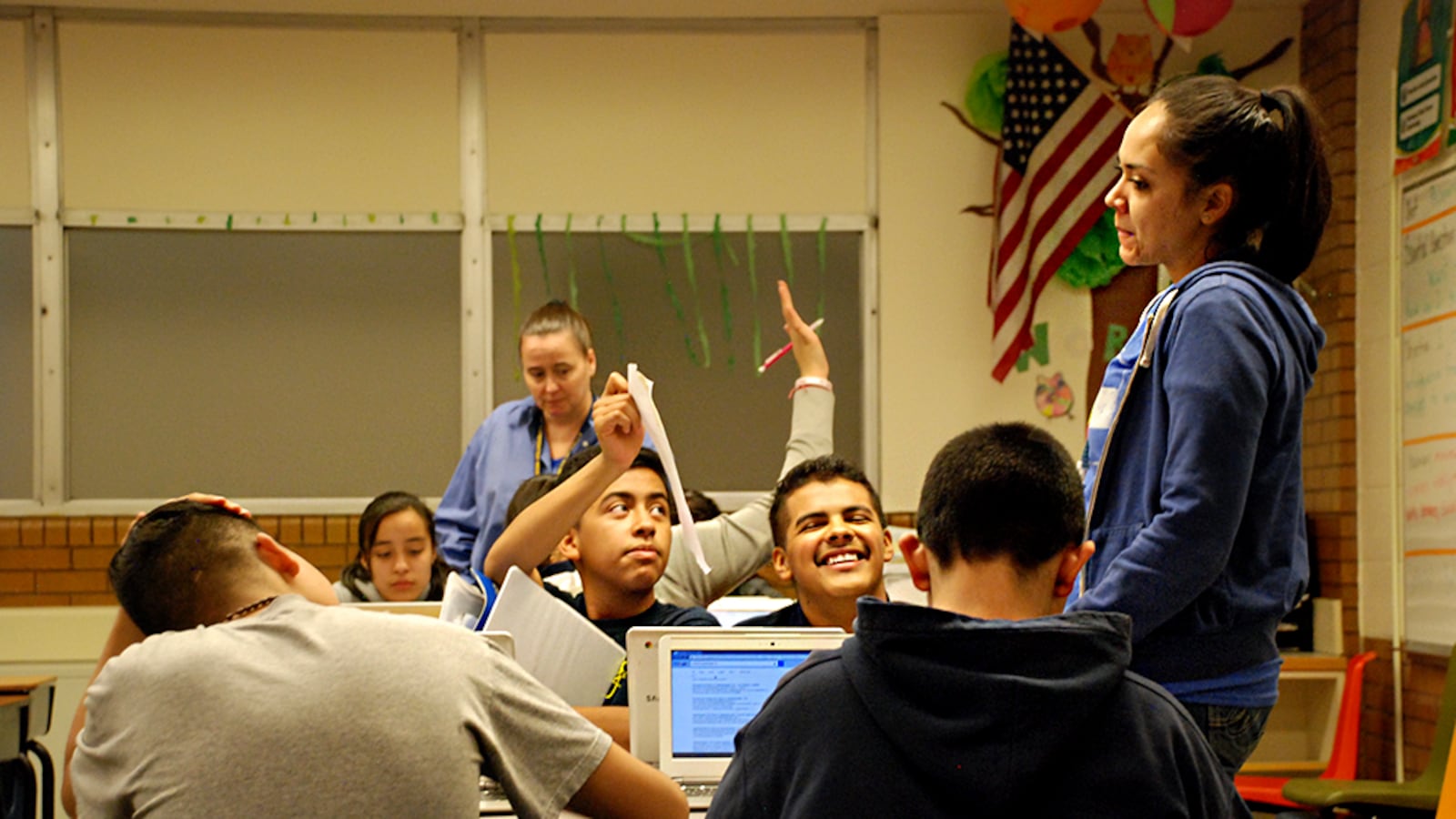This year marked a turning point for Colorado education officials and the state’s lowest performing schools.
Seven years after the state’s current school accountability system went into effect, the State Board of Education fulfilled its duty by stepping in to direct improvement plans for districts and schools that have not improved test scores since 2010.
This spring was the first time since 2004 — when the state board stepped in to save Denver’s Cole Middle School (and failed) — that Colorado has taken such drastic steps to improve schools.
In an effort to take some of the sting out of the state board’s action, officials from the state education department worked first with school districts to draw up plans that tried to strike a balance between drastic action and manageable change to keep chaos to a minimum.
Throughout the spring, a pattern emerged: Most schools turned to outside consultants to take on varying roles in helping improve schools.
The state board agreed to allow Aurora Central to keep putting its existing improvement plan in place, while asking a consultant to take a slightly larger role. But the board demanded that Pueblo City Schools turnover much more decision making authority to its consultants.
Similar agreements to work with consultants were put in place in the Adams 14 and Westminster school districts.
Critics of the process — including some state board members — wondered whether the intervention plans would be enough. But supporters of the process and some national observers suggested the state’s approach could be a model to create better and longer lasting results.
The state board is expected to get a status update on how the schools are performing early next year.

